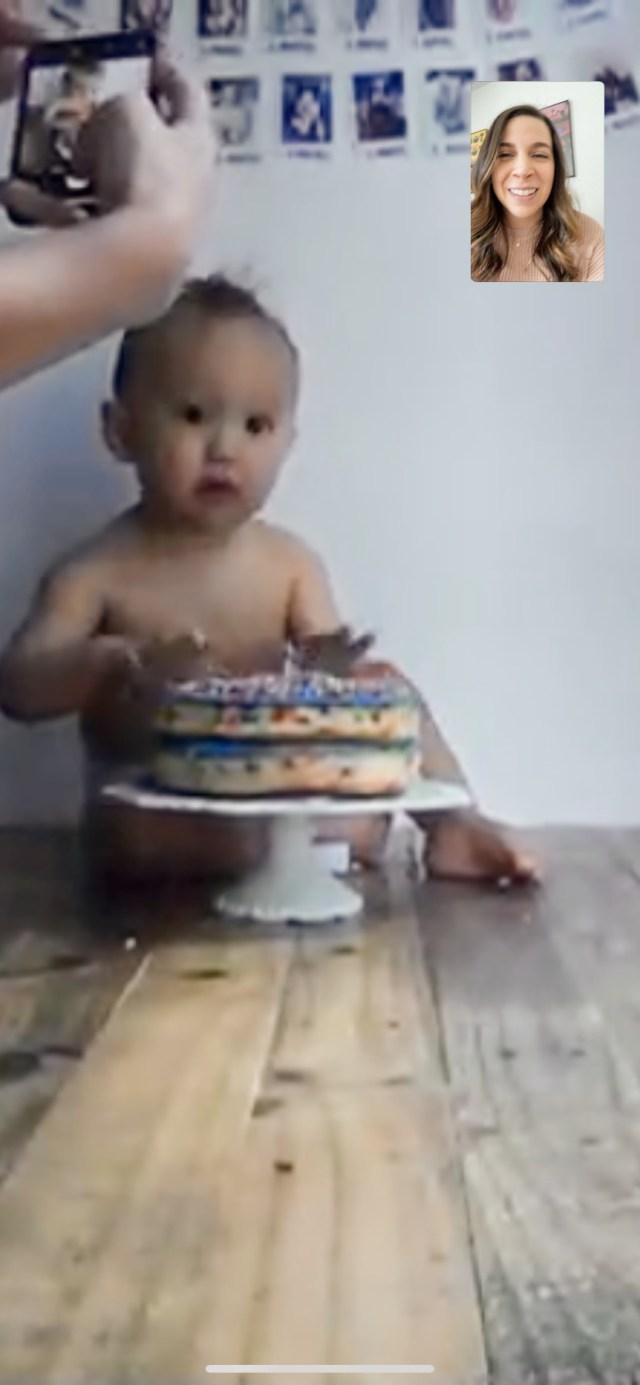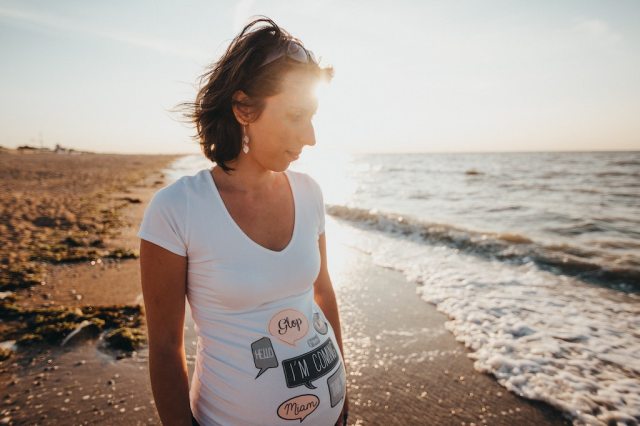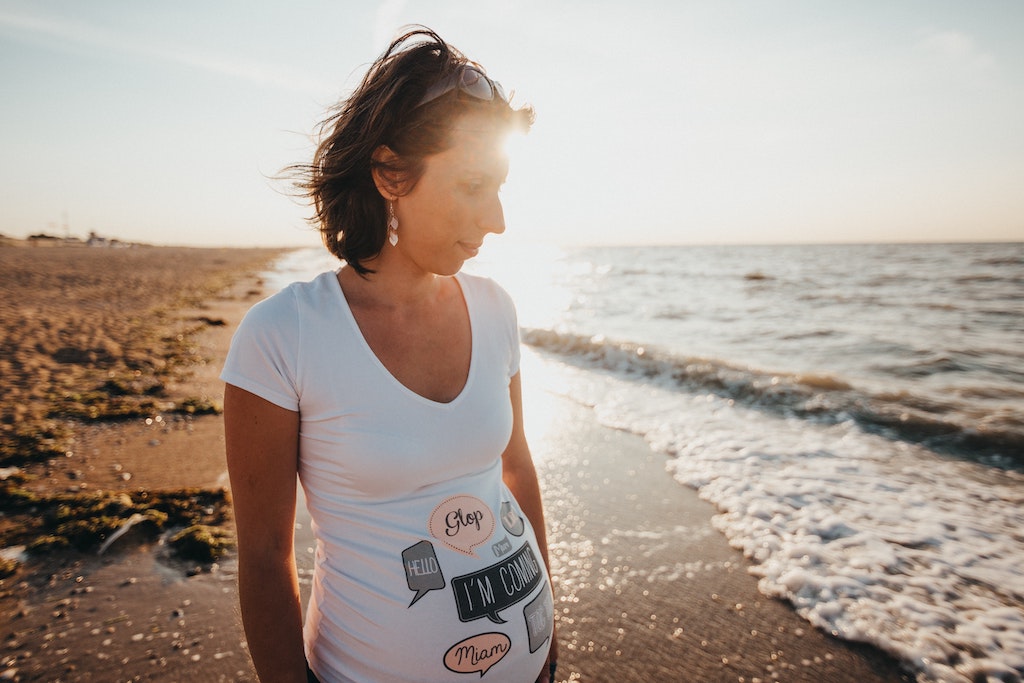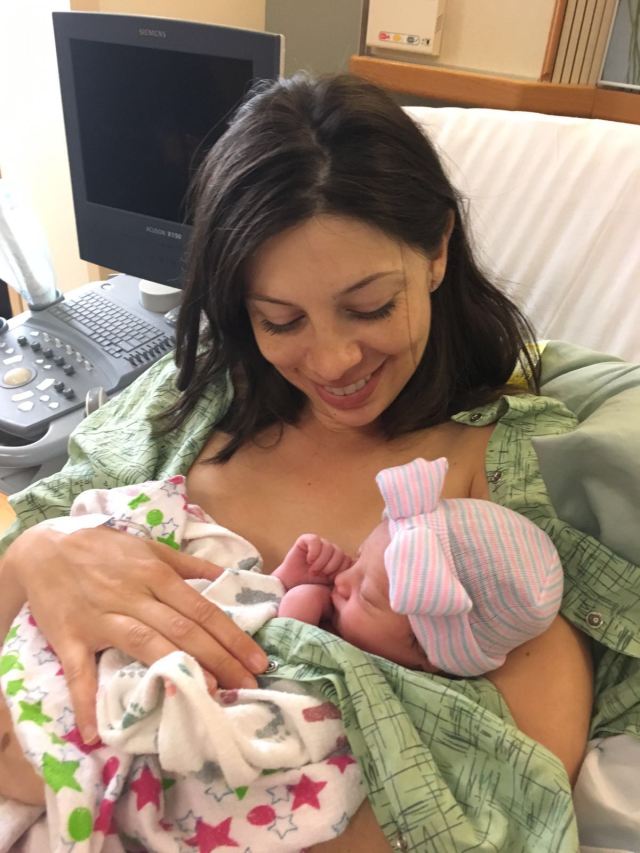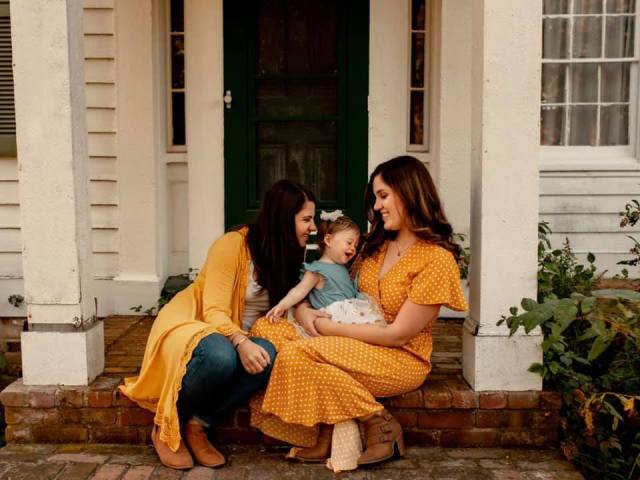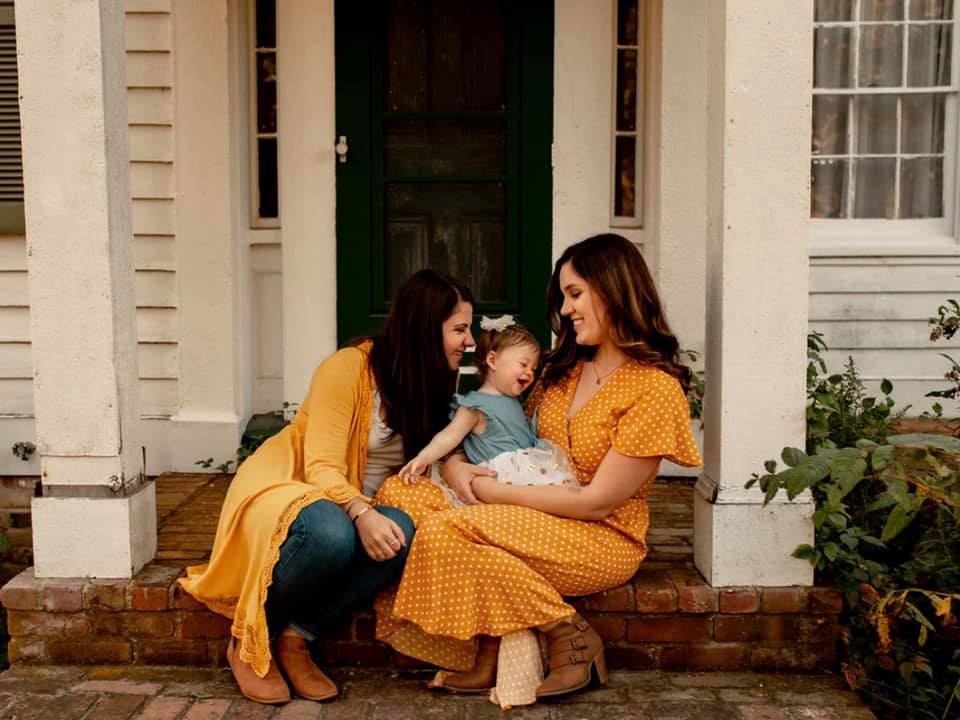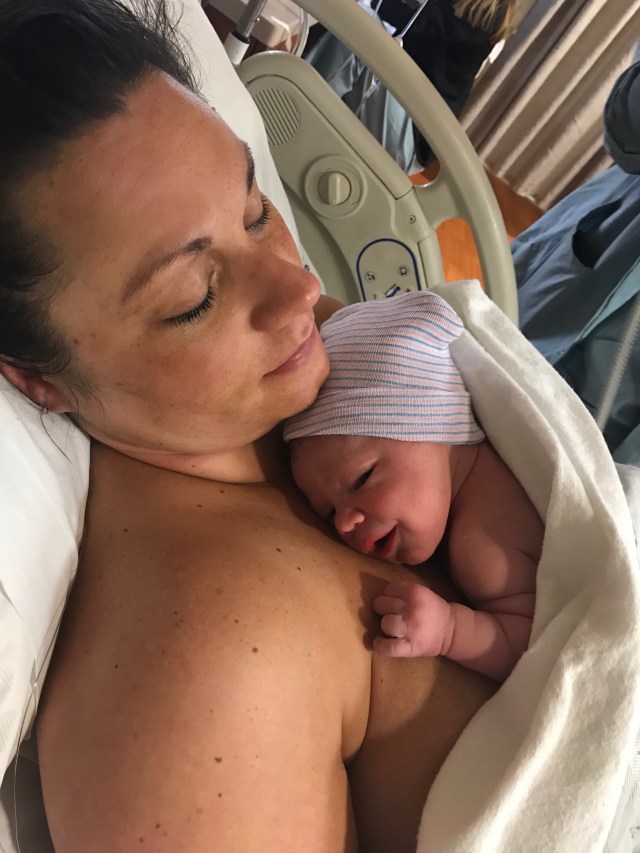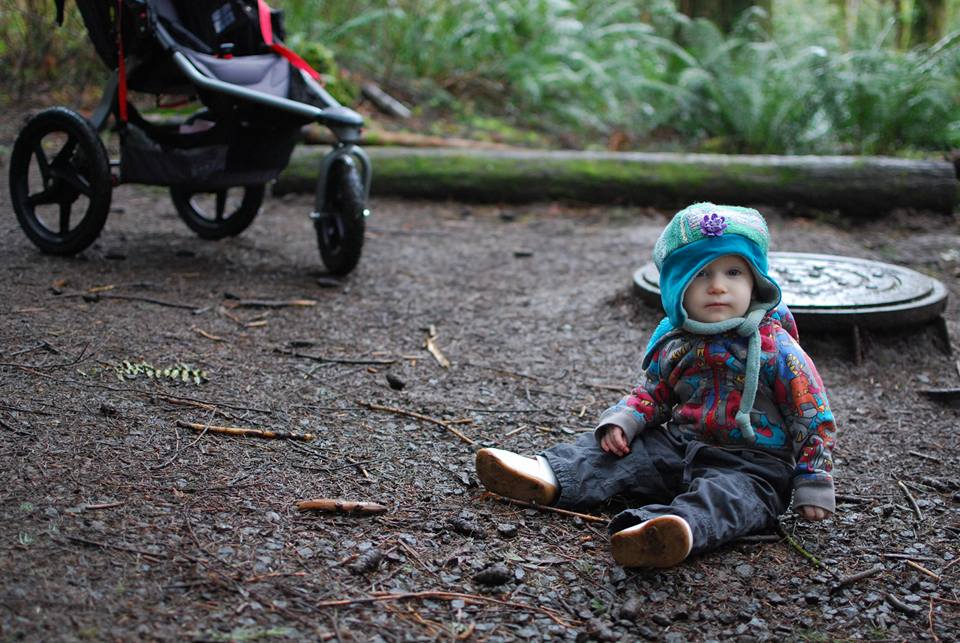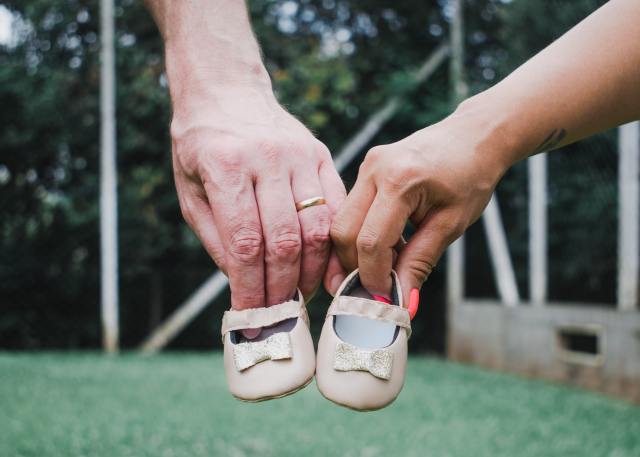
Miscarriage is quite common, yet regardless of that simple truth, it remains a challenging and emotionally complex experience for women to navigate. It is often something women deal with privately with their partner, but fortunately some women in the public spotlight have begun to share their experiences more openly.
Meghan Markle, the Duchess of Sussex, recently opened up about her miscarriage last summer, paving the way for women everywhere to connect and feel less alone. She and Prince Harry also announced that they are expecting another child (a baby girl)—a great reminder that pregnancy is very possible after miscarriage.
Whether you are dealing with loss due to a miscarriage yourself, acting as a support person to someone who has experienced this loss, or simply wanting to educate yourself about this all-too-common occurrence, here is a Q&A to help you through this process.
Miscarriage: 7 Questions and Answers
1. What is a miscarriage? Miscarriage is defined as a pregnancy loss prior to 20 weeks. If the pregnancy lasts beyond 20 weeks but is unsuccessful, it is termed stillbirth.
2. Am I to blame for my baby’s death? Miscarriage is traumatic for all pregnant women and their partners. If you have had, are having, or will have a miscarriage, remember this: Miscarriage is NOT your fault.
Inherent in miscarriage is the experience of death, and often feelings of failure as well. This death is very real, and it is normal for women and partners to experience the five stages of grieving and guilt (described in Elizabeth Keebler Ross’s landmark research in “On Death and Dying”):
- Denial (It didn’t happen.)
- Anger (Why is this happening to me?)
- Bargaining (Oh, please God, I’ll do anything to have a successful pregnancy.)
- Depression (I must have done something wrong.)
- Acceptance (I have to get on with life one way or another.)
Allowing yourself and your partner to go through this grieving process is the most important part of a miscarriage.
3. How soon can I get pregnant again after a miscarriage? I always suggest waiting for at least one regular period before getting pregnant again. It can then be determined with more accuracy when you are due. In addition, having a normal period signals your body is done with the miscarriage process.
4. Who is likely to miscarry? Anyone can miscarry. The most often quoted numbers say 10-to-20 percent of all pregnancies end in miscarriage. When the miscarriage rate includes those fetuses lost before the missing of a period, the high-end rate increases up to 40 percent.
5. How do I tell a period from a miscarriage? There is cramping with miscarriage, often like a period, but sometimes more severe. Most of the time, bleeding will be heavier than a period, but seldom requiring a blood transfusion.
6. What if my doctor can’t hear a heartbeat? With a Doppler, I can hear a heartbeat at about 11 or 12 weeks. It is easier to see the heartbeat with an ultrasound at seven to eight weeks. If I can’t see the heartbeat at seven or eight weeks, out of reverence and concern for the fetus, I recheck in one week. If I can’t hear a heartbeat, most women prefer to wait for a spontaneous miscarriage which usually follows after one or two weeks. If one or two weeks go by without a miscarriage, I recommended misoprostol (Cytotec) by mouth.
While it is possible to use misoprostol without waiting the two weeks for a spontaneous miscarriage, it would not be my first choice because aggressive treatment can interfere with the grieving process. I prefer to allow a wide margin around guilt, blame, and shame.
7. What happens when someone has repeated miscarriages? Miscarriage, before there is a beating heart, is common, and is usually a chromosomal mutation. These are not preventable. However, once the heart is beating, several conditions can lead to a miscarriage. Many of these repeated miscarriages are preventable. If you have had more than two miscarriages, it’s time to look at the list of treatable conditions that are known to contribute to miscarriage in some women (i.e., Strep B or methylenetetrahydrofolate reductase—MTFHR).
The keys here are remembering that you are not alone in experiencing miscarriage, and that is normal and healthy to grieve your loss. In cases where repeated miscarriage occurs, your doctor may be able to help you isolate the condition that is causing it so you can go on to have a healthy pregnancy.








